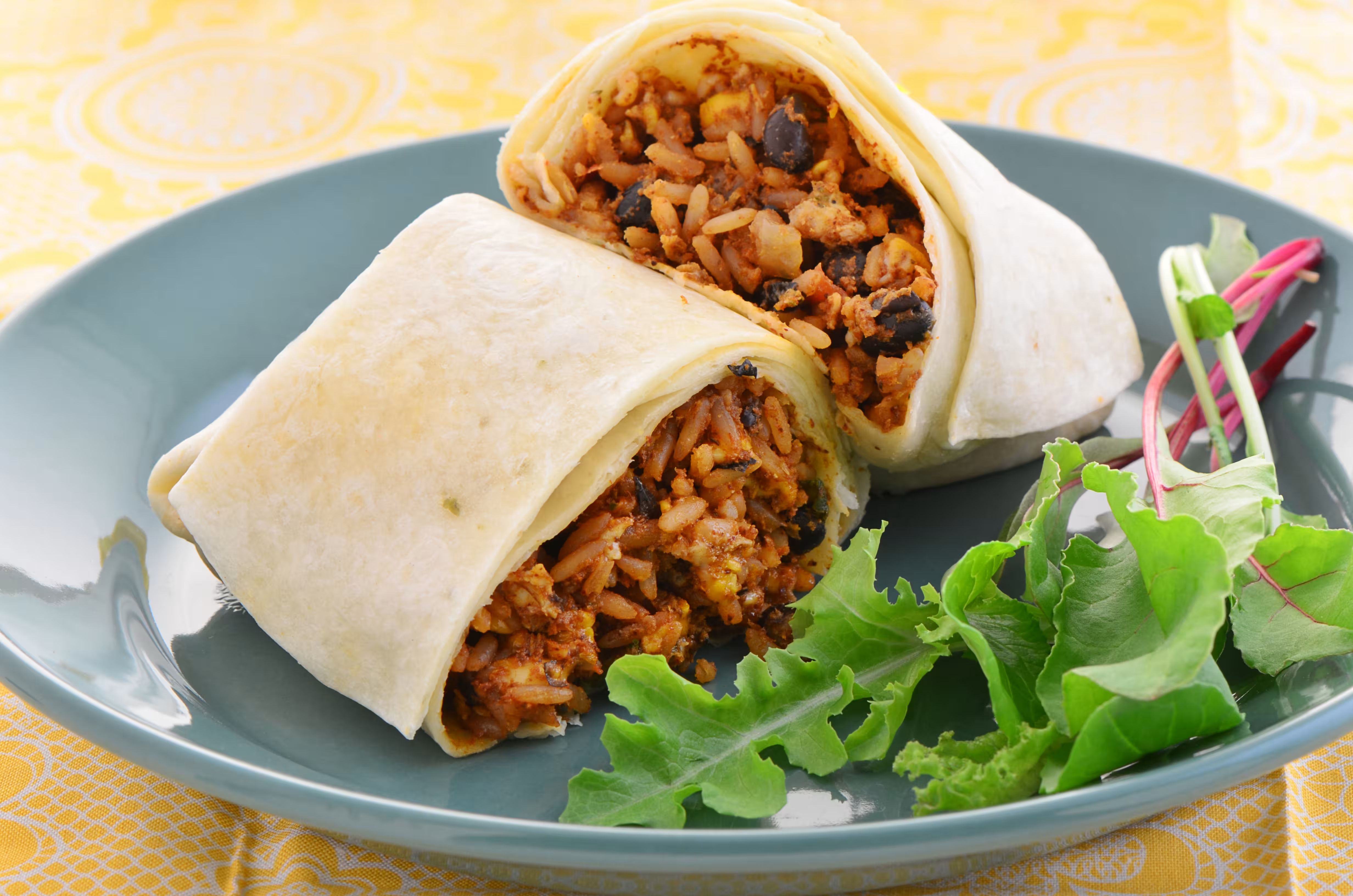




Eliminating meat, eggs, and dairy from your diet is better for our collective health, the environment, and animals.

Veganuary, when thousands of people go vegan for the month of January, is just days away, and there's never been a better time to transition to a plant-based diet. Humanity is grappling with a climate crisis and a human health crisis like we’ve never seen before—both of which can be alleviated by a collective push toward eating fewer animal products.
This shift in how we consume and interact with our world will improve our health and that of our planet, while also putting an end to the suffering of billions of animals who are killed for meat each year.
A plant-based diet will help to combat three very critical issues.
(1) Global pandemics
In 2019, most likely at a wet market in China, a virus leapt from an animal to a human, resulting in the COVID-19 pandemic we’re still at war with today. Wet markets and factory farms are breeding grounds for infectious disease. The current virus isn’t the first time we've seen this spillover, and, sadly, it won’t be the last. Unless we make big changes to the way we interact with animals bred for food, we should brace ourselves for more—and potentially even deadlier—viruses than the one we face today.
Our greatest weapon against viruses and other infections is our immune system. A whole food plant-based diet is filled with powerful antioxidants and nutrients that support a healthy immune system. Such a diet has proven successful in preventing type 2 diabetes and lowering rates of obesity, hypertension, and cardiovascular disease—all conditions that put humans at greater risk of developing complications when infected with a virus.
Although viruses can’t be treated with antibiotics, countless other infections attack our immune systems, leaving us to rely on these miracle drugs. Unfortunately, the overuse of antibiotics in animals raised for food could be leading us down a dark path, where life-saving medicine becomes useless to humans. The World Health Organization (WHO) reports that antibiotic resistance is one of the biggest threats to global health and food security today. We could soon live in a world where once-treatable infections become deadly again, all because we were unwilling to leave animals off our plates.
(2) The climate crisis
The health crisis is not the only dilemma facing humankind: We are also in the midst of a climate emergency. From extreme weather to the degradation of soil, we're well on our way to destroying our planet—and ourselves. The single most powerful solution to our climate calamity is as simple as what you put on your plate.
Depending on whom you ask, livestock emissions account for somewhere between 15 and 51 percent of greenhouse emissions worldwide—with 37 percent being a reasonable estimate. Based on data compiled by the Food and Agriculture Organization (FAO) of the United Nations, by 2050 a total of 65-92 gigatons of global emissions could be avoided by transitioning to a healthy, plant-based diet. We need to hop off the animal agriculture train and transfer to a plant-powered bus toward a brighter future.
(3) Animal cruelty
Factory farms are not only putting a strain on our environment and our immune systems; they're also the source of inconceivable animal suffering. These large-scale feeding operations have one main goal: maximizing efficiency so they can maximize profits. This comes at a steep cost to animals (and farm workers), who are not treated as living beings but as products.
Like humans, animals feel stress, anxiety, and fear. When confined to extremely crowded spaces for the entirety of their abbreviated lives—often with no room to lie down or access to sunlight—animals react by pecking, biting, and even resorting to cannibalism. To prevent this type of behavior, piglets' tails are chopped off and their teeth are broken. The beaks of hens are clipped and their toes are snipped off. This torture is inflicted all while these sentient beings are fully conscious, without anesthetic. These outdated and cruel practices are used to prevent the spread of viruses within factory farms, but if the animals lived under better conditions, they would be less likely to attack each other.
There's a clear solution to the urgent issues covered above: adopting a plant-based diet to reduce reliance on factory farming. This lifestyle change can start as early as breakfast tomorrow morning. Eliminating meat, eggs, and dairy from our diets will lessen the suffering of people, livestock, and the environment.
Please join me today in removing animal products from your next meal. Your health, our planet, and its animals will be far better off for it.
 Mica von Turkovich
Mica von Turkovich





